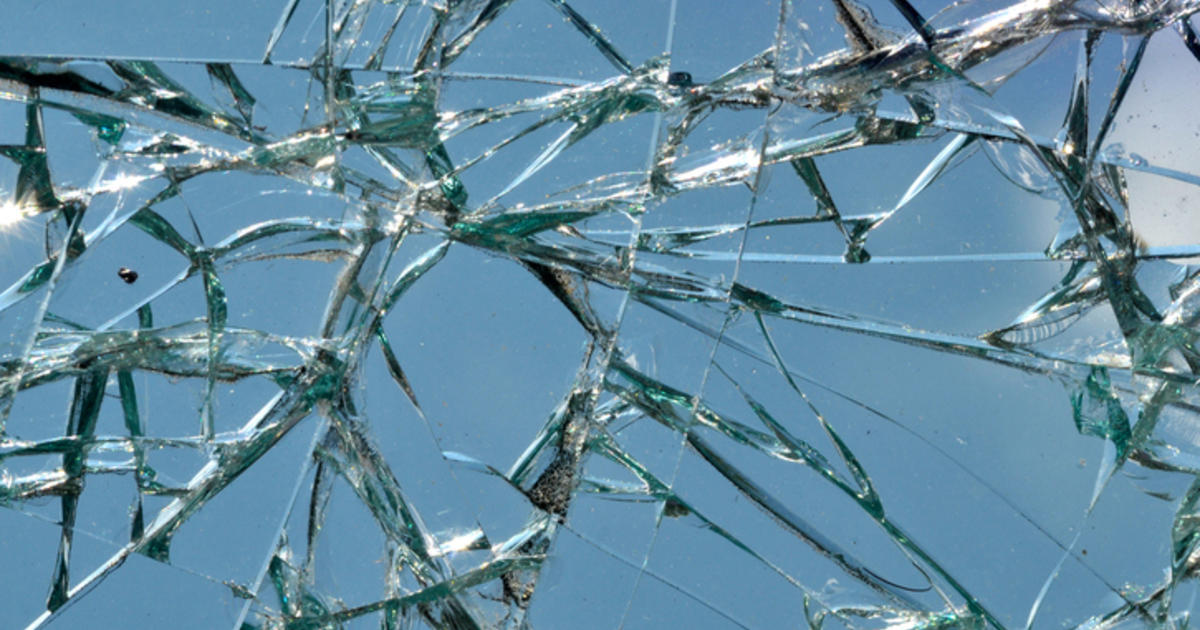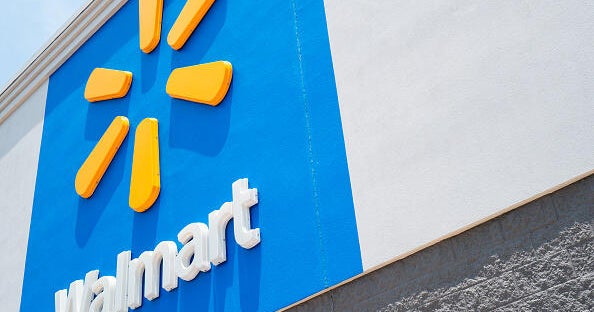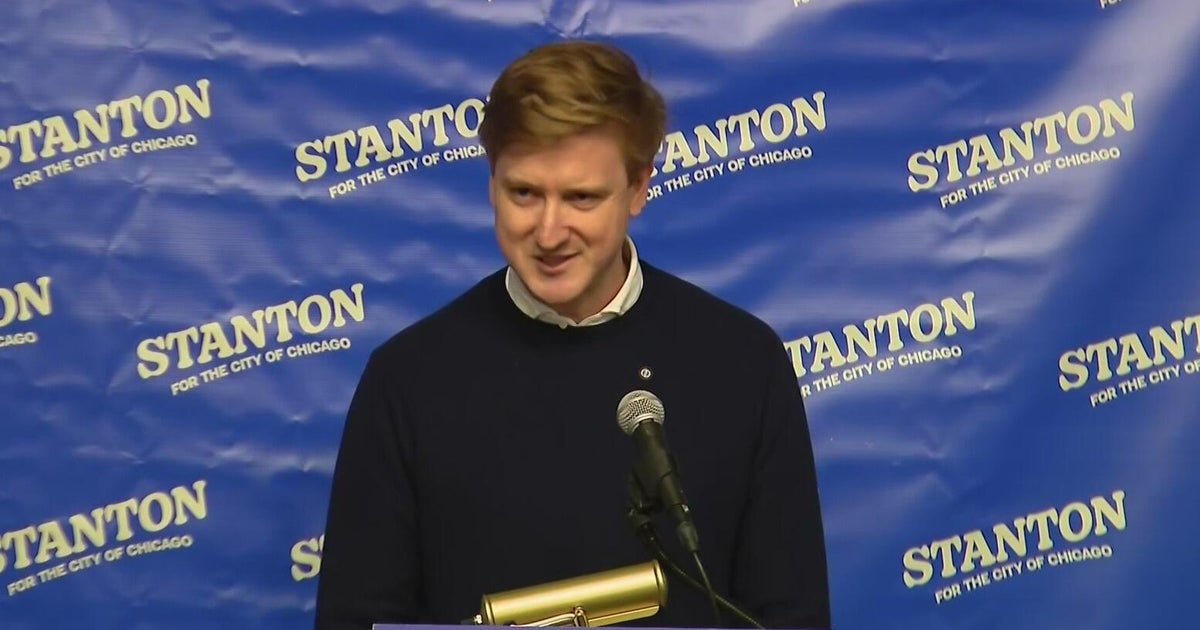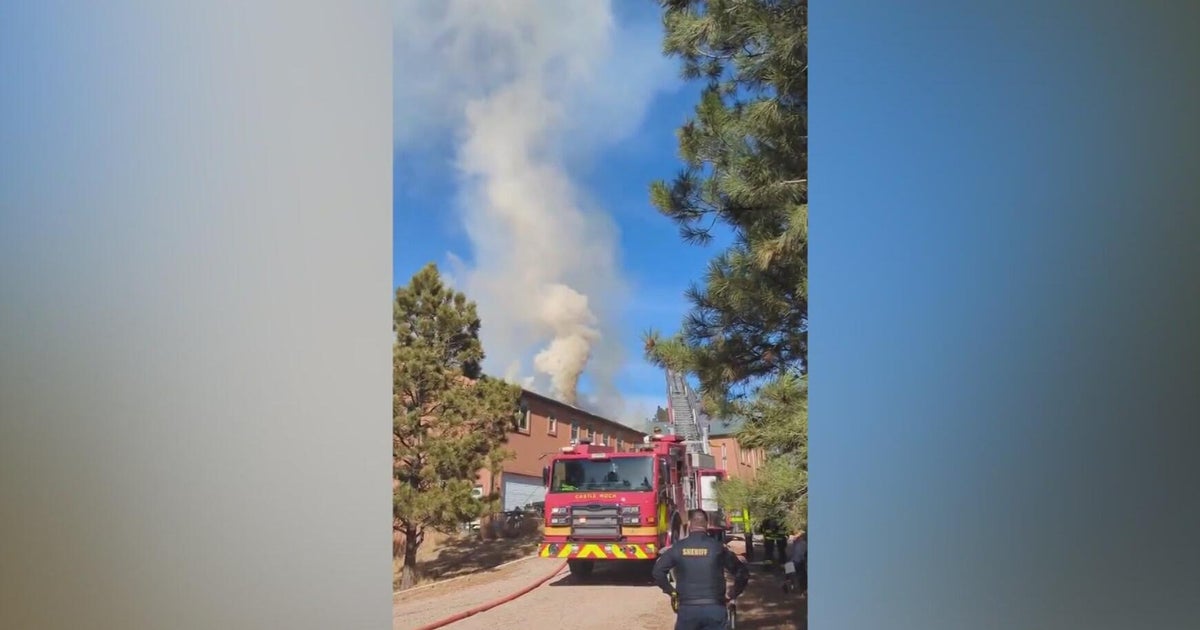COVID-19 In Pennsylvania: St. Clair Hospital Installs Coronavirus 'Inactivating Technology'
MT. LEBANON, Pa. (KDKA) - To keep the air clean, hospitals use positive pressure in some places to keep microbes from getting in, and negative pressure in other places to clear them out. But in the era of COVID-19, hospitals will take a little extra help.
"We are using the Nanowave technology as a belts and suspenders kind of system to add extra safety," says Dr. Stephen Colodny, Chief of Infection Control and Prevention at St. Clair Hospital.
Emily Magee, St. Clair Hospital's Manager of Infection Prevention, says, "It was one of the technologies that when we heard about it, we thought this isn't something we could pass up with the amount of community spread."
To rid the air of bacteria and viruses, including the novel coronavirus, St. Clair Hospital says it is the first in the area to use the Nanowave.
"The device has UV light within it that does not escape the device and inactivates the virus in the device," Dr. Colodny explains. "The data has been tested by independent sources, the NIH. The data appears to show a decrease in viruses and bacteria in the air."
St. Clair Hospital has installed wall units in the emergency department waiting room, with plans to add these in other waiting areas, patient rooms and break areas by the end of the year.
"It's not about the money, it's always about how much we can do to benefit our patients and benefit our staff and our employees to make a safer environment," says VP of Facilities and Construction, Chuck DiBello. "So the investment is ours, it's St. Clair Hospital's investment to do just that."
Infection rates will be continually monitored.
"With the amount of community spread and exposure outside of the hospital, you wouldn't necessarily be able to correlate to one piece of technology, since we have all of the other prevention measures in place," says Magee.
And just because the system is running, that doesn't mean people can go back to the old normal.
"Regardless of vaccination, regardless of the Nanowave, we still have to do the practice to prevent the spread of COVID. This is really to minimize what's in the air. We still would want to mask and protect ourselves and our staff and our patients from COVID," she adds.







